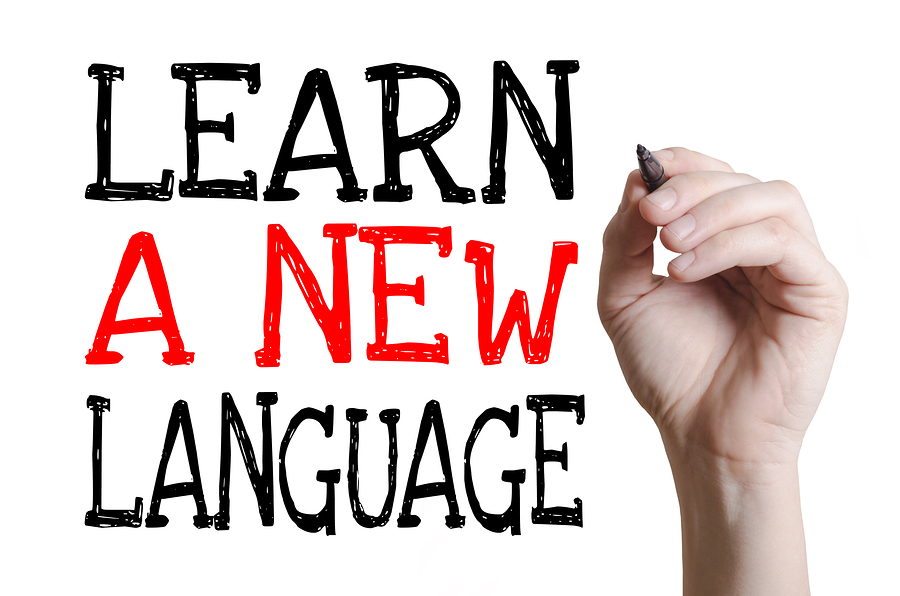There doesn’t appear to be any study results available that indicate the best age to start learning a second language. However, it’s generally thought that the younger the better.There was a school of thought that existed up to the late 1990s which made parents believe that if a child of theirs was to learn a second language it would affect their mental development. Even in 1999 a claim was made that if a child was subjected to learning a second language he or she would end up semi-lingual in two languages. In recent years there has been no proof found that supports this idea. In fact if a child doesn’t start to learn a second language by age 13 years it’s less likely that they will become bilingual. It’s a gift to be bilingual and no child should be denied the right to learn a second language. It’s comparatively rare to be totally bilingual, but it’s worth pursuing because of the satisfaction it offers.
According to a study conducted by Scientific American, if you learn a second language you need to keep it up. This is because languages aren’t static. They evolve and change over time. If you spend too many years not speaking in the second language you have learnt you will forget much of the vocabulary and you won’t be exposed to any new idioms that if used make you more acceptable as a part of that language group.
Studies conducted by Harvard University suggest that critical thinking skills, creativity and a flexible mind are enhanced if a child learns a 2nd language when a younger age. A child’s preschool years, and in particular the first 3 years are believed to be a crucial time in the life of a child. This is the time when attitudes, learning and thinking get into action and the child goes through a period when he or she has a natural ability to learn. This is the best age to start learning a second language, so it’s a good time to introduce the idea to your child then.
A further study that was conducted at Dartmouth College (Hanover) by the director of the cognitive neuroscience laboratory for language and child development showed that after the teenage years the brain alters somewhat, making it very challenging for an adult to engage in learning a foreign language. This does not mean an adult is not able to learn, but the process is not the same or as effective as with a child.



